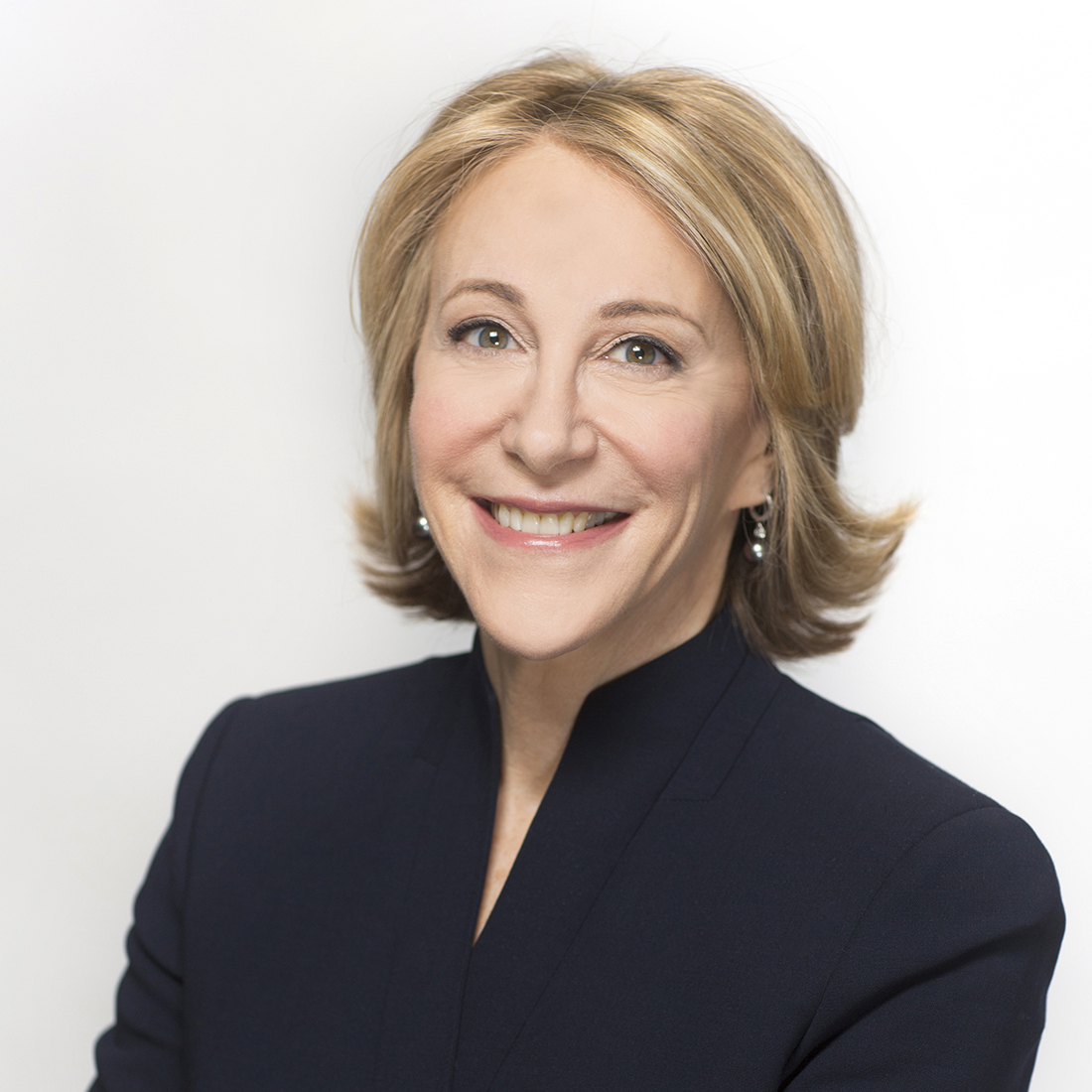Search chair: Pollack ideal to realize vision of 'One Cornell'
By Joe Wilensky
Members of Cornell’s Presidential Search Committee, who recommended Martha E. Pollack as the university’s 14th president, began with a list of more than 300 candidates, said Jan Rock Zubrow ’77, chairman of the Executive Committee of the Cornell Board of Trustees and chair of the search committee.

Zubrow, who also led the search committee two years ago that selected Elizabeth Garrett as the university’s 13th president, said the pool of candidates was significantly more diverse this time.
“There are many more women and minorities who have risen to the highest ranks in many of the major research universities in the United States and beyond,” she said, which was “great to see.”
The 19-member committee was formed last April, just weeks following Garrett’s death after eight months in office. The committee included trustees, faculty, undergraduate and graduate students, staff and alumni, and was advised by two chairmen emeriti of the board of trustees and a chairman emeritus of Weill Cornell Medicine’s board of overseers.
The committee’s selection followed a six-month process that included a listening tour on Cornell’s Ithaca and New York City campuses to learn about the attributes Cornellians wanted to see in their next leader and the priorities he or she would need to address. Committee members also met with local Tompkins County community leaders.
“We learned that the community very much wanted a strong leader who could build on the momentum created by Beth Garrett in her initial work,” Zubrow said.
Feedback from faculty, students, staff and alumni, captured in the committee’s Presidential Search Statement, indicated that Cornellians wanted to see: a bold, strategic leader who would engage the entire community in furthering the university’s mission; someone with academic stature to foster an intellectually rich environment; someone with success in managing a complex, multi-stakeholder organization; an engaged leader with genuine enthusiasm for working with a diverse community; an effective fundraiser; and someone with outstanding relationship-building and political skills, to represent the institution effectively and enthusiastically.
Pollack “possesses all of the experiences and attributes that we hoped for,” Zubrow said, noting her record is one of outstanding achievement as provost of one of the country’s most esteemed public universities – one that is significantly larger and even more complex than Cornell. The University of Michigan also includes a medical college and a hospital (Pollack sits on its board), so she “is knowledgeable about the opportunities and risks of a medical enterprise,” Zubrow noted.
Pollack impressed the committee as a bold thinker who has shaped the University of Michigan in important ways, Zubrow said, pointing to several groundbreaking initiatives she spearheaded as provost, including an academic innovation initiative to foster engaged and personalized learning, a newly launched multidisciplinary program to address poverty alleviation, and a five-year strategic plan for creating a vibrant, diverse and inclusive campus. Pollack “believes that you get the best out of universities when every individual has the opportunity to be heard and to contribute and excel,” Zubrow said.
Pollack is broadly qualified to address Cornell’s future priorities, including advancing Cornell’s overall academic mission, the opening of our new Cornell Tech campus on Roosevelt Island, and broadly engaging all members of the Cornell community, Zubrow said.
She has a collaborative management style and has demonstrated success with it at a large, complex institution, and her style is marked by an ability to reach out to others and to seek different perspectives before making decisions, truly valuing the input of others. In that regard, Pollack “is uniquely qualified to realize our dream of ‘One Cornell,’” Zubrow said. “She has the ability to bring together our many colleges and units and campuses to create something greater than the sum of its parts.”
Pollack is an experienced, successful fundraiser, even as a provost, Zubrow noted, and has significant experience working with Michigan state officials and the university’s board of regents. Her academic stature – that of a highly regarded computer scientist with a background in the liberal arts – also impressed the committee.
Personally, Pollack “is a warm, enthusiastic, straightforward, honest and down-to-earth individual,” Zubrow said, “and I’m confident that she will fit in quite well in the broad Cornell community.”
Media Contact
Get Cornell news delivered right to your inbox.
Subscribe